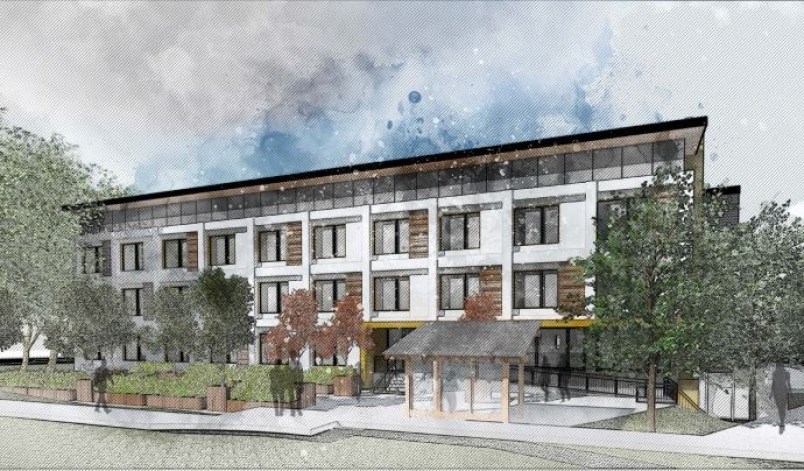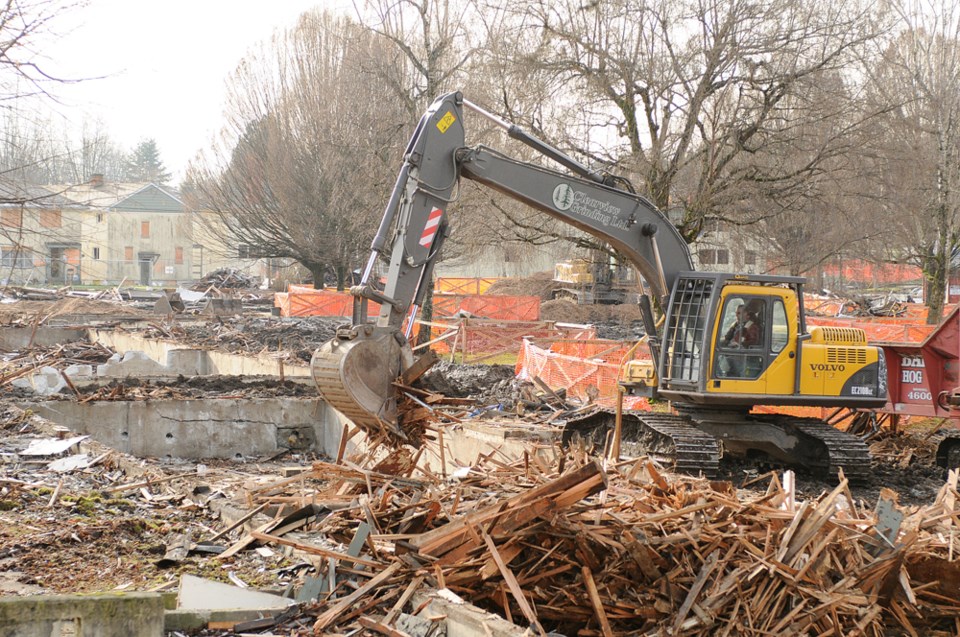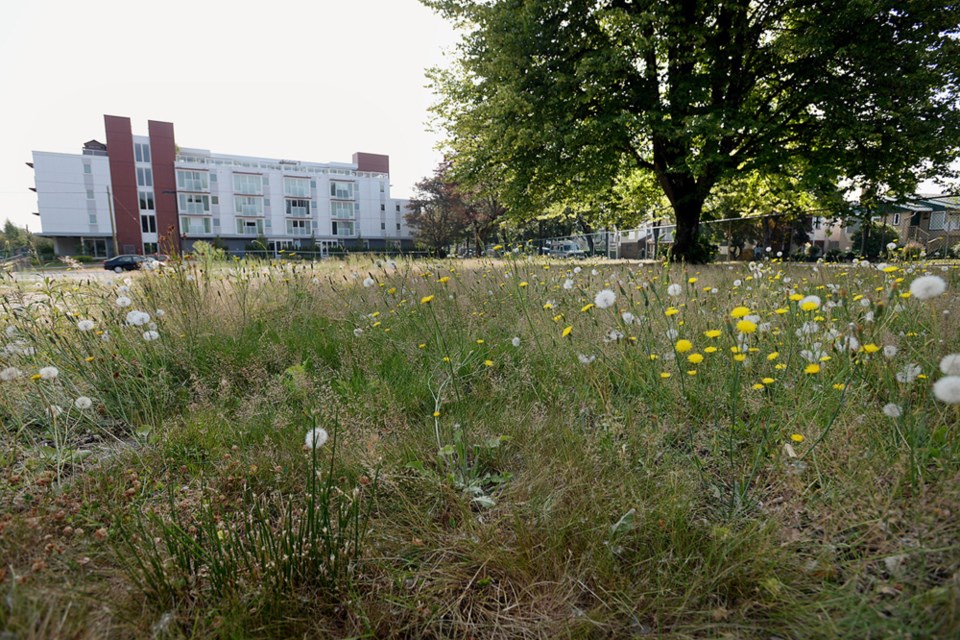The City of Vancouver has identified Little Mountain as a proposed site for another temporary modular housing complex. The complex, which would be located at East 37th near Main Street, would house about 50 residents.
The site being considered is part of the wider Little Mountain redevelopment.
Over the years, critics have complained about the slow pace of property's redevelopment considering, years ago, hundreds of units of social housing were demolished to make way for it, most of which have yet to be replaced.
That said, it's the sixth temporary modular housing site to be announced. Four complexes have already been approved — one is open, two are under construction and another is poised to start construction. A fifth, near Olympic Village station, is still under review.
The city plans to create a total of 600 units at sites around Vancouver thanks to $66 million in provincial funding to help house the homeless. The provincial government is funding a total 2,000 temporary modular housing units across B.C.
The announcement of the sixth site in Vancouver would bring the total units planned so far in this city to just over 300.
More potential sites are expected to be announced in coming weeks and months to meet the overall target.
“The big goal of temporary modular housing is to bring our friends, family, and neighbours in off the street and provide them with a safe place to call home,” Mayor Gregor Robertson said in a March 14 press release. “We are engaging with people and community groups in the Riley Park neighbourhood to ensure that the new building is well-integrated into the area and that our most vulnerable residents are housed in a responsible way.”
The Little Mountain site, which would accommodate one, three-storey building, is subject to a development permit application process and the city plans to hold community information sessions for residents to learn more about the proposed project.
City staff have already started to meet with local residents, businesses, schools, neighbourhood houses and key community groups, according to the release.
All units in the complex would be self-contained, with a private bathroom and kitchen, primarily for single occupancy. At least 10 per cent of the homes would be wheelchair accessible. The building would be managed 24 hours a day, seven days a week by an experienced non-profit housing operator selected by BC Housing. Support services, based on individual needs, would be available to all tenants.

Rezoning on the Little Mountain site was approved in 2016. The redevelopment of the land by Holborn Properties will see 1,300 units of market housing and 282 units of social housing. Former Little Mountain residents will be given first access to the permanent replacement social housing. That was the process for the first building of replacement social housing that opened on the site in 2014.

Phase one of the Little Mountain redevelopment includes the redevelopment of 164 units of permanent social housing, and the development of market housing and commercial retail space. Construction is anticipated to begin in late 2018. Phase two of the project includes the development of market housing and additional permanent social housing.
The temporary modular housing complex is being considered on a phase two parcel of the site and would not delay or impact delivery of the permanent social housing units, according to the city.
The complex would be on the site for approximately three years, after which it will be replaced by the scheduled development.



